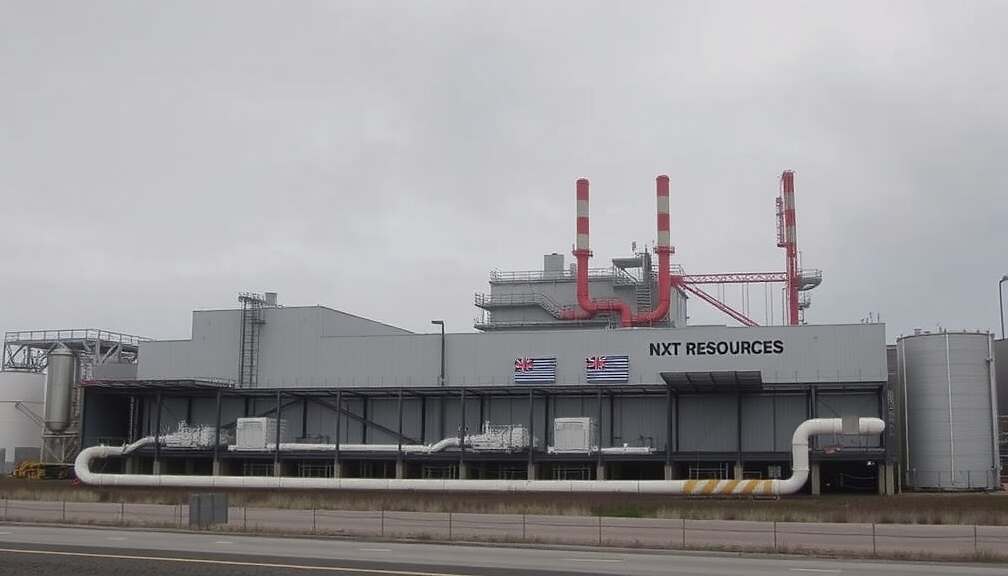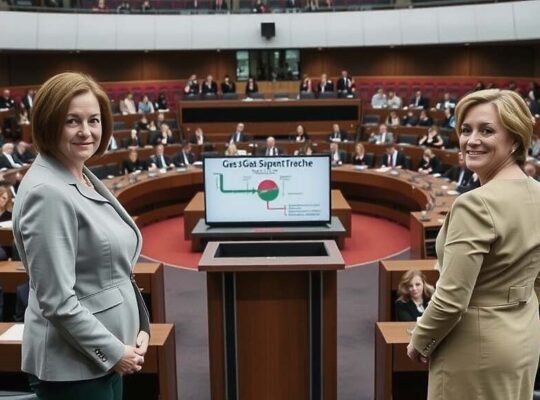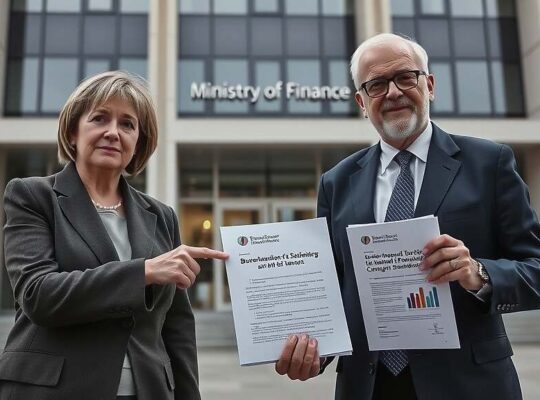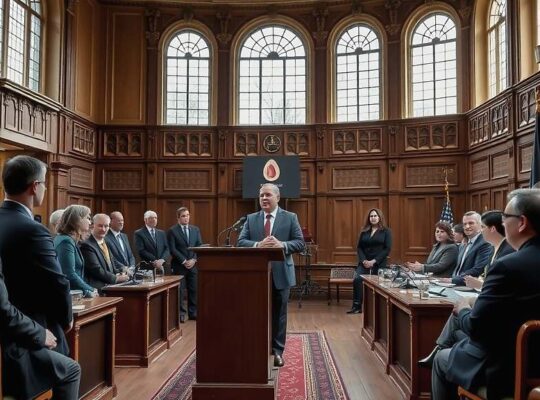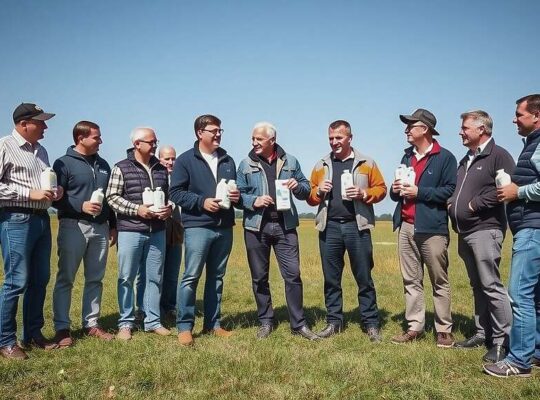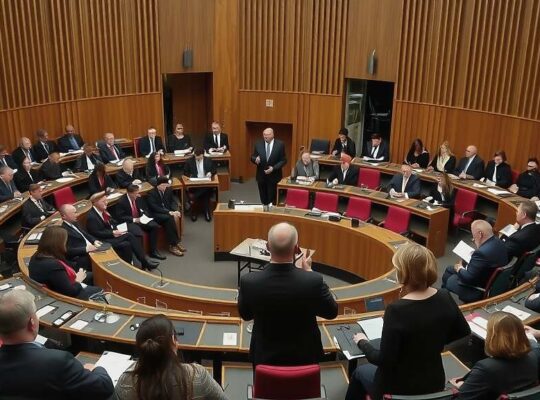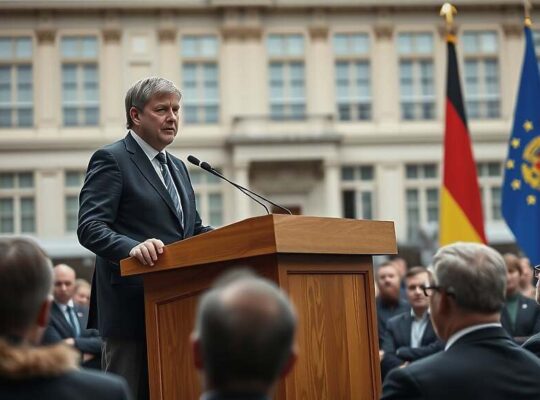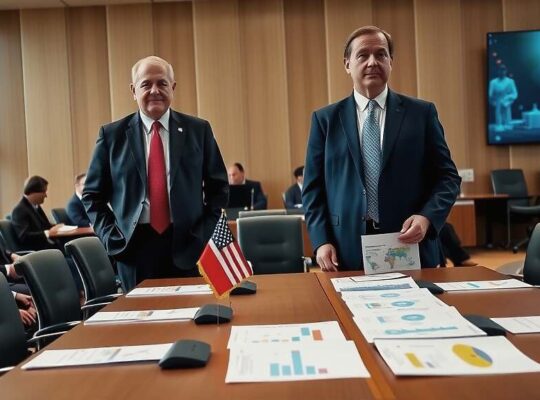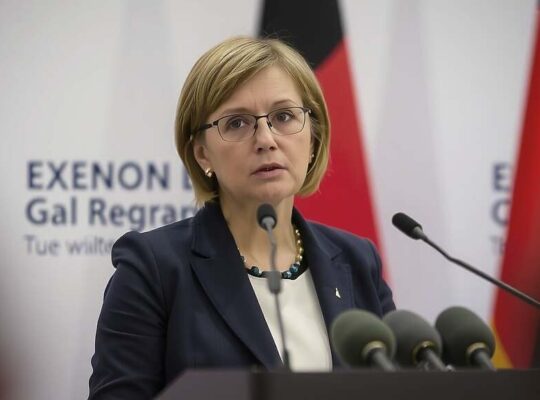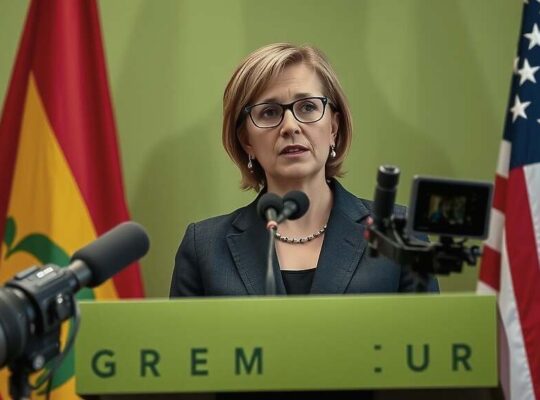Germany’s largest energy company, RWE, is advocating for a strategic natural gas reserve, mirroring the nation’s existing oil reserve, in a move signaling growing concerns about energy security amidst ongoing geopolitical instability and infrastructure vulnerabilities. RWE CEO Markus Krebber, in an interview with “Focus” magazine, emphasized the necessity of bolstering Germany’s energy resilience, highlighting the potential for technical disruptions at terminals or pipelines originating from Norway.
Krebber’s proposal directly challenges the prevailing assumption of sufficient preparedness, despite current storage levels being approximately 75% full, with projections indicating an 81% fill rate by November. While the Initiative Energien Speichern (INES) recently stated that current storage capacity should be adequate for a “normal winter” Krebber argues that reliance on such projections is insufficient given the increasingly complex and unpredictable energy landscape.
The proposal reflects a broader debate within the German government regarding energy security, particularly as the country weans itself off Russian energy imports. While the existing oil reserve provides a buffer against supply shocks, the lack of a similar structure for natural gas has been identified by critics as a potential weakness.
Beyond the immediate security implications, Krebber’s comments underscore the urgency of accelerating the implementation of Germany’s power plant strategy. He voiced skepticism regarding achieving significant new capacity by 2030, a crucial timeline given escalating electricity demands and the decommissioning of older power sources. While RWE expects to commission a first gas-fired power plant before 2030, Krebber warned that the bulk of new capacity is likely to come online in the early 2030s, contingent upon swift policy action.
The timing of Krebber’s call is politically charged. Opposition parties have criticized the government’s energy transition policies as overly ambitious and potentially detrimental to economic stability. A strategic gas reserve, coupled with expedited power plant infrastructure development, could be presented as a pragmatic solution to address both immediate security concerns and long-term energy needs, potentially mitigating criticism and bolstering the government’s credibility. However, establishing and maintaining such a reserve also carries significant financial implications, which will likely draw scrutiny and debate within the Bundestag.


